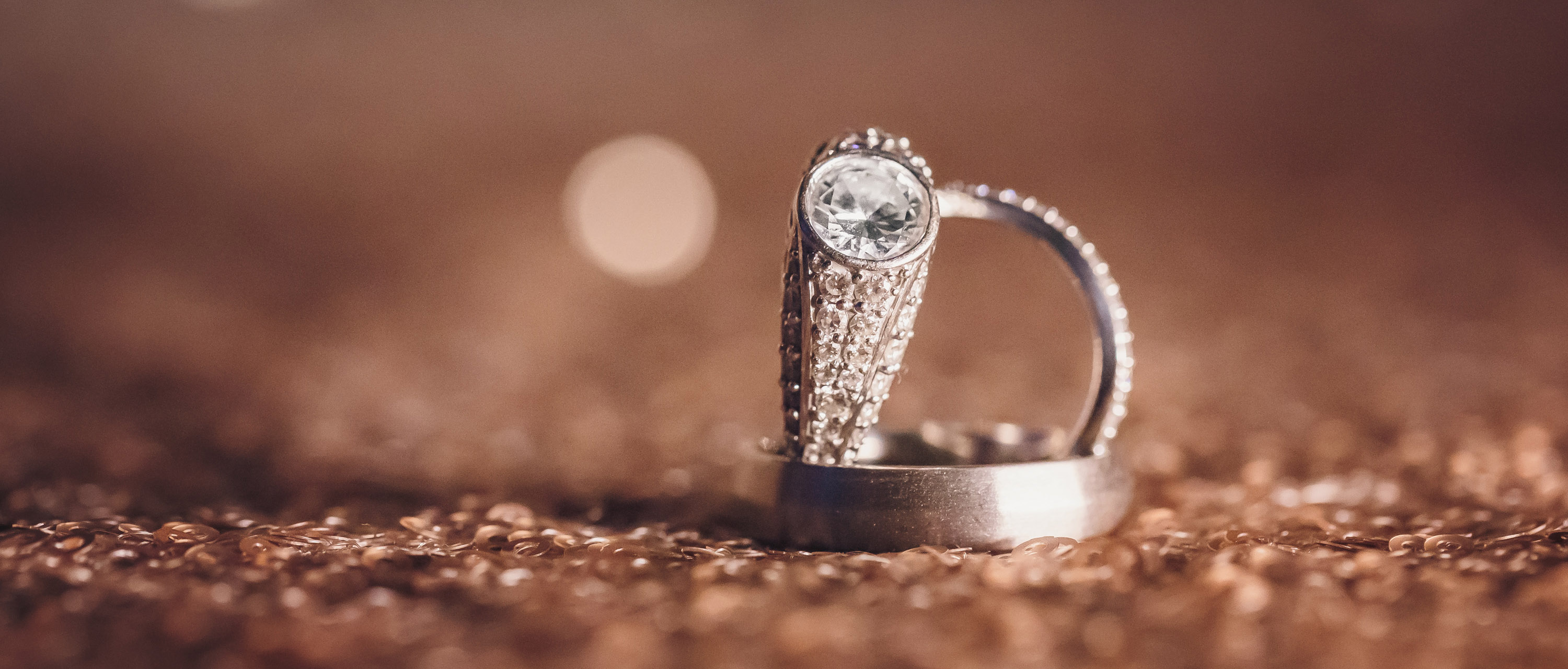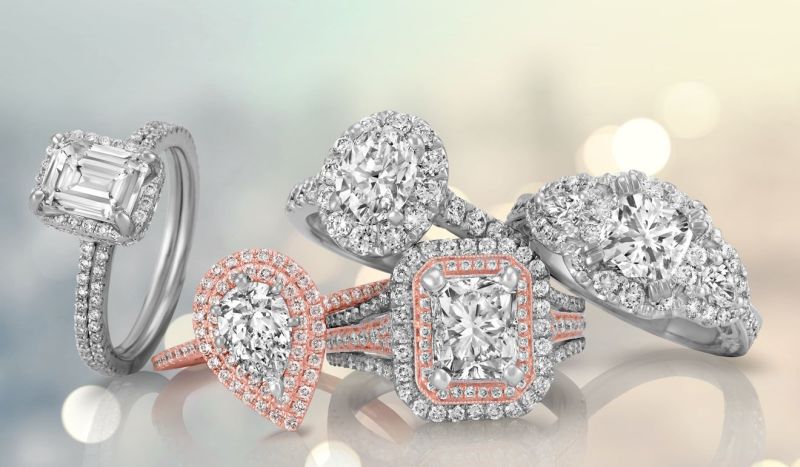Platinum or Gold Ring: Choosing the Perfect Metal for You

When selecting a ring, particularly for a special occasion, the decision of metal can be just as important as the stone itself. Two popular choices are platinum and gold, each offering unique advantages. Let’s delve into the characteristics of each metal to help you decide which is the perfect fit for you.
Durability and Longevity
-
Platinum: Renowned for its strength and resistance to scratches. Platinum’s density makes it a heavyweight, ensuring the ring maintains its structural integrity for years to come. The metal displaces upon impact rather than wearing away, minimizing the risk of thinning over time. This makes platinum a superior choice for rings that will be worn daily.
-
Gold: While still a durable metal, gold is softer than platinum and more prone to scratches and dents. However, 14k and 18k gold are often mixed with alloys for added strength, reducing the risk of damage.
Color and Shine
-
Platinum: Offers a naturally white color, complementing diamonds and colorless gemstones beautifully. Its shine is a subtle, satin finish.
-
Gold: Comes in a variety of colors, including yellow, rose, and white. White gold gets its silvery hue through rhodium plating, which may require occasional reapplication to maintain its bright appearance. Yellow gold boasts a classic warm tone lab grown diamonds, while rose gold offers a romantic pink hue.
Lifestyle and Allergies
-
Platinum: A good choice for those with active lifestyles or professions that involve manual labor. Its hypoallergenic properties make it ideal for individuals with sensitive skin.
-
Gold: A versatile option that can complement various styles and skin tones. However, some people may experience allergic reactions to alloys used in certain gold types.
Cost and Maintenance
-
Platinum: Generally more expensive than gold due to its rarity and density. Platinum rings require minimal maintenance but may need occasional cleaning and polishing.
-
Gold: Can be more affordable than platinum, depending on the karat (purity) and color. White gold requires rhodium plating to maintain its shine, adding to maintenance costs.
Ultimately, the best metal for your ring depends on your personal preferences and priorities. Consider your lifestyle, the type of gemstone (if any), and your budget.
Here’s a quick recap:
- Choose platinum for: Durability, longevity, a bright white color, and hypoallergenic properties.
- Choose gold for: A wider variety of colors, affordability (depending on karat), and a classic look.
No matter which metal you choose, a platinum or gold ring can be a cherished possession for years to come.

